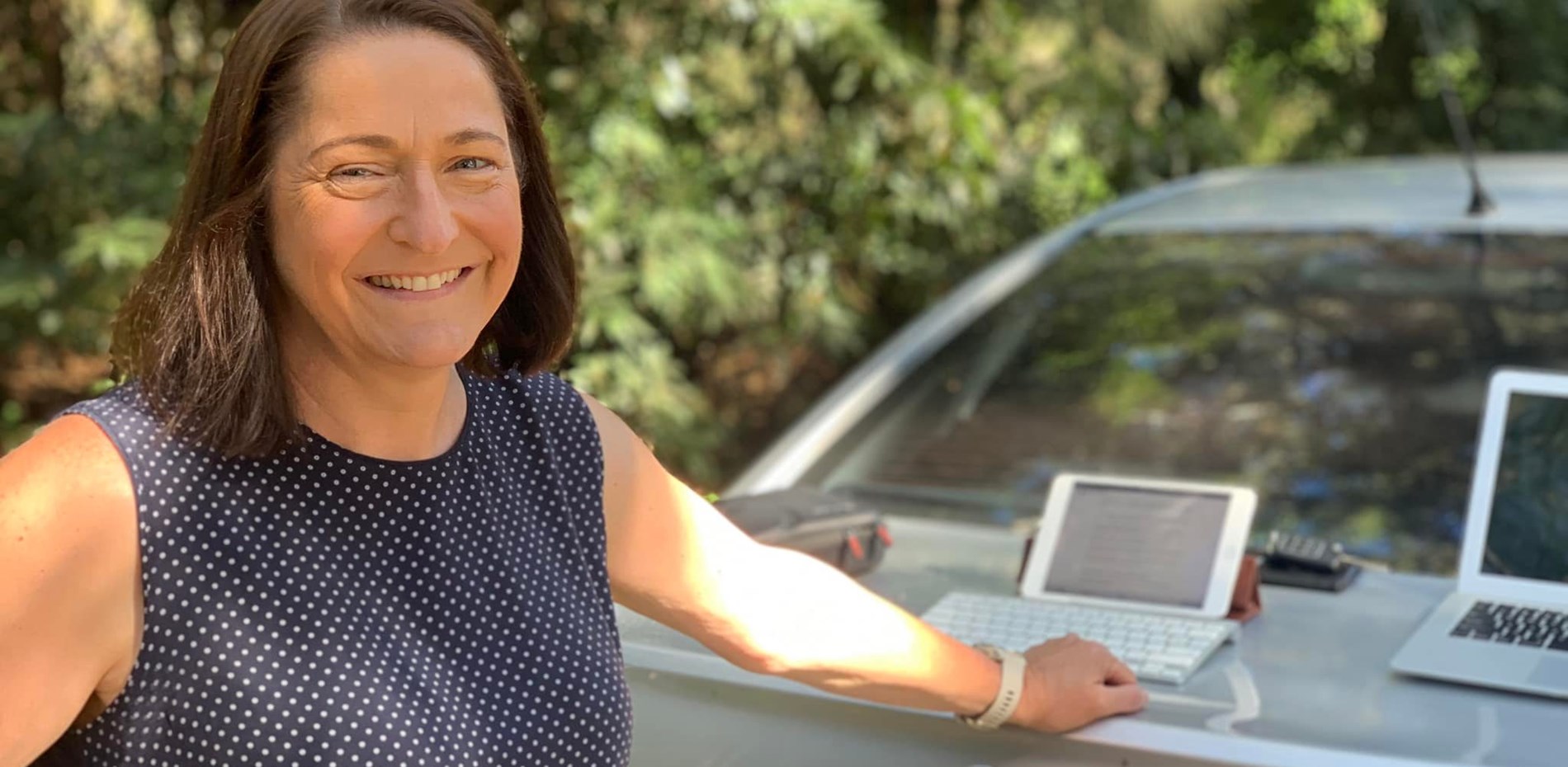Mrs PHILLIPS (Gilmore) (17:38): I thank the member for Lyons for this motion. There is no better example of the former government's failure on the NBN than in regional Australia. My electorate of Gilmore on the New South Wales South Coast has been hampered by second-rate internet for far too long, holding us back from the world of opportunity that high-quality connectivity can bring. The pandemic was a very difficult time, but one thing it did do was free up the possibility of remote working. What this meant was that people who had previously moved away from regional Australia to get the jobs they wanted could actually move back to their home towns. People who had never lived in regional Australia before could make their tree or sea change and keep their jobs, because they could work from home. It was great news for local economies, if only you could find somewhere with good enough internet. Local people have been struggling with connectivity issues for far too long, and they have had enough.
Adam, in Nowra, said: 'We've had issues with the old lines and our NBN for about five years. We've been told only the new fibre-to-the-premises rollout will fix it.' Robert, from Worrigee, said: 'We are forced to use the ADSL2 Telstra network, which is currently falling to pieces. Our current download speeds are typically two megabits per second, worse than a Third World country.' Thomas, from Falls Creek, said he has four kids and his partner is a teacher, but the speed and amount of internet is below par. I think that's putting it mildly.
Kail from Bateman's Bay said, 'In the wake of COVID, it's been shown time and again that our current network infrastructure is woefully out of date.' He went on to say: 'This comes as no surprise. We know fibre to the node was outdated technology when the Liberals proposed it. The whole country needs a fibre-to-the-premises upgrade, the Gilmore electorate included.' Well, Kail, we agree. Under the Liberals, Kail was quoted $13,000 for an upgrade to fibre to the premises, but the Albanese government doesn't think local people should be out thousands of dollars because of the Liberal's failed internet. We believe in small business, and we know that small business needs internet that is fast, reliable and affordable. Labor created the NBN. We did this because we knew that Australians needed a futureproof internet service that was worthy of the 21st century.
Finally, we are delivering that for local people, with 1.5 million premises around Australia to be upgraded to full fibre access under our plan. This includes $1.1 billion for a further 660,000 homes and businesses in regional Australia, like the New South Wales South Coast, that are relying on copper wire. We will also improve speeds and reliability for people on the fixed wireless and satellite-only services. I am regularly contacted by local people who want to know when they will get it, because they are anxious and excited to reap the benefits of our NBN plan and we have already started. In September, homes and businesses in Bendalong, Berringer Lake, Cunjurong Point and Manyana could finally place their orders to upgrade to fibre to the premises.
Finally, these local people could take advantage of faster speeds, more reliable internet and the services that we need for a digital society and economy. We are making this investment because we know it doesn't benefit only local people; it benefits our economy. Around 10 million homes and businesses across Australia will have access to gigabit speeds by late 2025, giving our economy a $20 billion boost in GDP by 2030. It will grow our global competitiveness, but it will also grow the competitiveness of the regions. With improved internet speed, access and reliability, businesses and workers will have even more reason to relocate to the South Coast. There will be even more reason to invest in our community to create local jobs, to open small local businesses and to thrive in our beautiful coastline.
Under the Liberals' failed NBN plan, our community has been left behind. Local people have been left frustrated by internet that wasn't up to scratch. Local businesses have been forced to cope with slow speeds and forced to miss out on many of the benefits of the digital economy. We have missed out on the working-from-home opportunities that the pandemic has created. If a major company wanted to set up a remote working hub in the regions, they would first look to the technology potential.
Finally, thanks to the Albanese government's plans, the South Coast will be a strong competitor. This huge investment is good news for local people, good news for local business and great news for our economy. I commend the motion.



